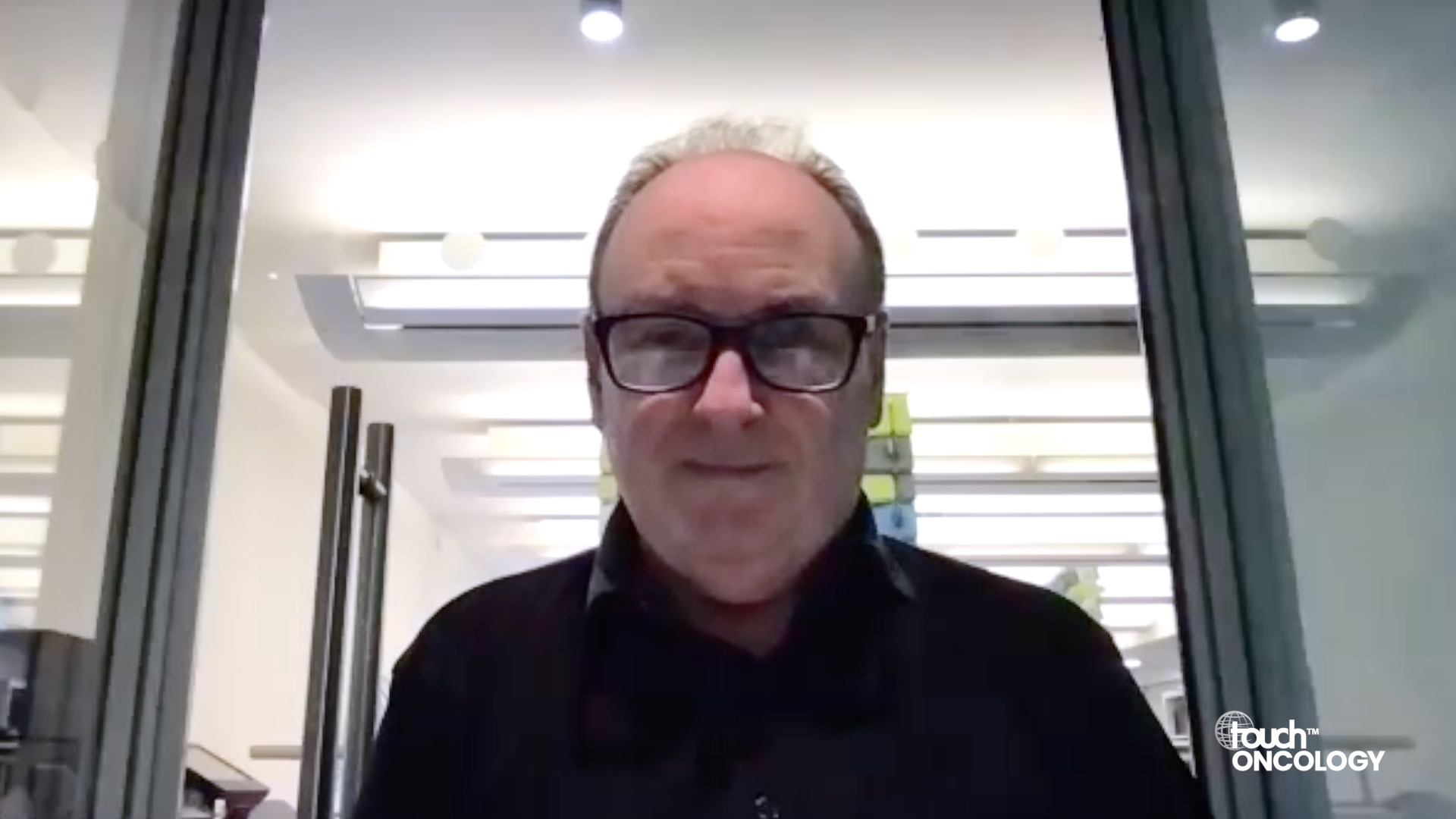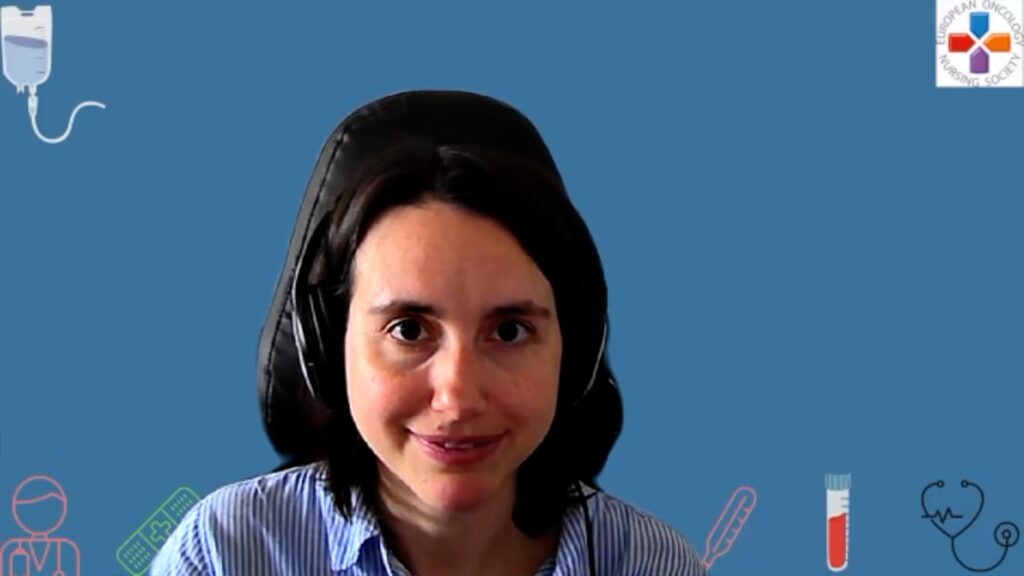The purpose of phase I clinical trials are to evaluate the safety, dosage and potential side effects of a new drug or treatment in humans for the first time. In this touchONCOLOGY interview, we speak with Dr Vivek Subbiah (University of Texas, MD Anderson Cancer Centre, Houston, TX, USA) to discuss the purpose and details of phase I clinical trials.
The presentation entitled ‘Revolution in the precision medicine paradigm in phase 1 trials: The future is now’ was presented at the American Association for Cancer Research Meeting 2023, 14–19 April 2023.
Question:
What is the purpose of phase I clinical trials? (00:15)
Disclosures: Vivek Subbiah is on the advisory board for Aadi Biosciences, Bayer, Illumina and Labcorp.
Support: Interview and filming supported by Touch Medical Media. Interview conducted by Danielle Crosby.
Filmed as a highlight of AACR 2023
Access more content on policy here
Transcript:
Hi, I’m Dr. Vivek Subbiah from the University of Texas M.D. Anderson Cancer centre, Houston, Texas.
Q. What is the purpose of phase I clinical trials?
The purpose of phase I clinical trials are to evaluate the safety, dosage and potential side effects of a new drug or treatment in humans for the first time. These are called first in human clinical trials. Phase I trials are typically conducted in small numbers of patients or individuals for a specific condition, and they aim to determine the appropriate dosage range. Importantly, we also want to assess how the drug is metabolized, excreted, and importantly, we are identifying any potential side effects on adverse reactions. During our phase I trial, clinical trial investigators and researchers closely monitor patients and collect data on the drug’s pharmacokinetics. So what is pharmacokinetics? Pharmacokinetics is how the body absorbs, distributes and eliminates the drug. And pharmacodynamics. What is pharmacodynamics? It is how the drug affects the body. The primary objective of a phase I study is to establish what we call as a maximum tolerated. Those are the highest doses that can be administered without causing any unacceptable side effects. Phase I trials help clinical investigators and researchers gain primary insights into the drug’s potential efficacy, as well as inform the design of subsequent studies known as phase two and three studies. Although the primary focus of phase I studies is safety, clinical trial investigators may observe early signs of therapeutic activity, and we also are exploring biomarkers that could indicate a positive response to treatment. Overall, the purpose of phase I study, to summarize, is to establish the safety profile, the dosage range and initial efficacy signals of a new drug first treated in humans. This provides essential data to guide further development in subsequent phases.
Subtitles and transcript are autogenerated









